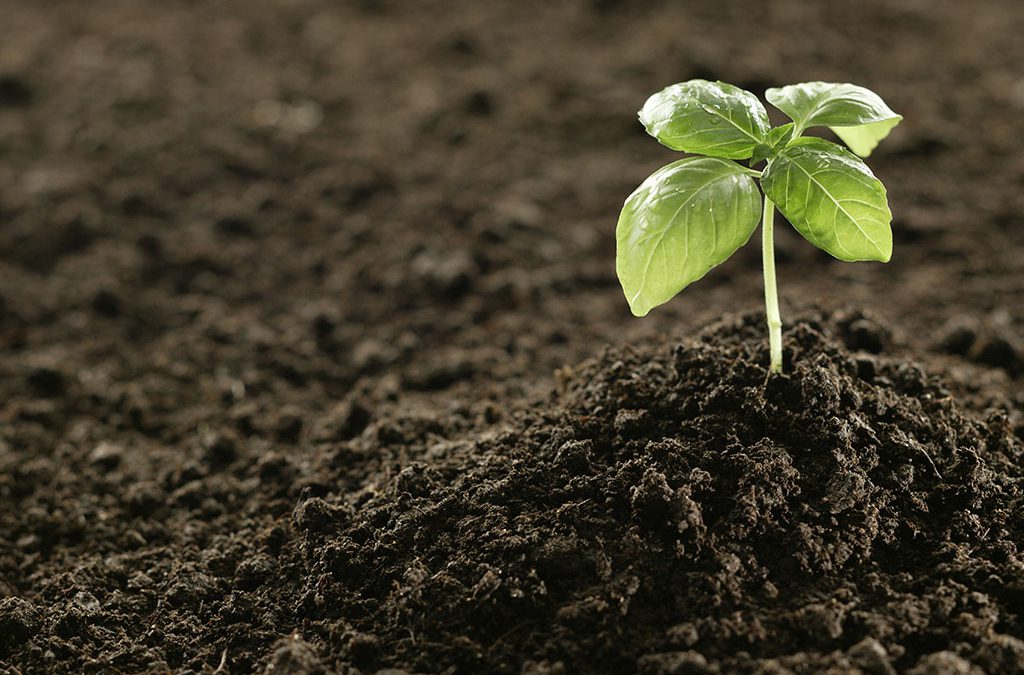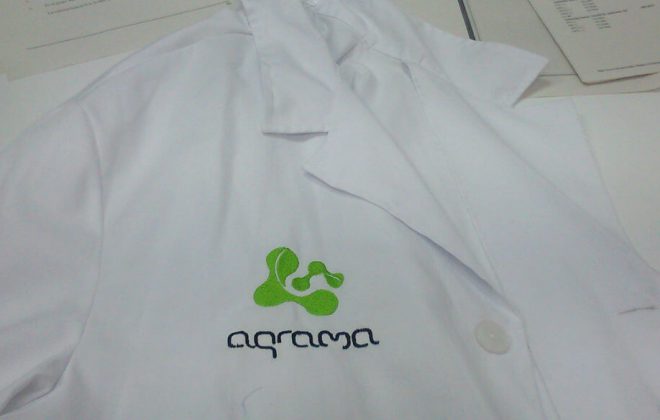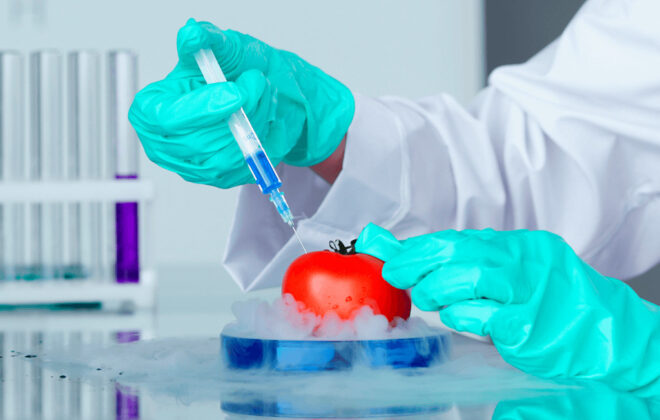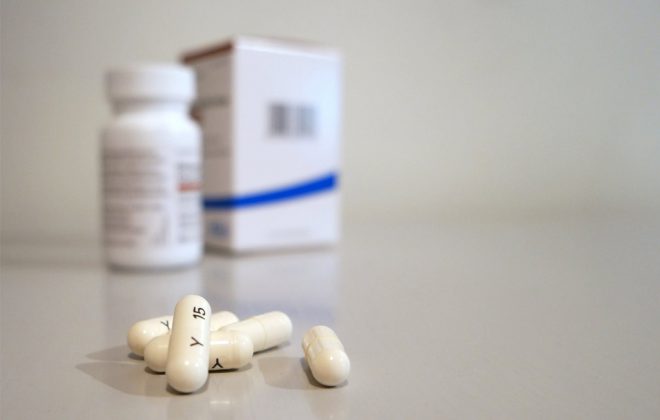New services on floors
SOIL ANALYSIS FOR SUSTAINABLE AGRICULTURE: AGRAMA LAUNCHES NEW MICROBIOLOGICAL ANALYSIS SERVICE TO IMPROVE SOIL PRODUCTIVITY AND SUSTAINABILITY.
AGRAMA announces a new microbiological soil analysis service, which uses not only indirect indicators but also incorporates the analysis of microorganisms beneficial and harmful to crops. Increasingly, microorganisms are used in agricultural processes due to the general positive results observed in their application
The new soil analysis determines beneficial and harmful microbial fauna (Trichoderma, Bacillus, Diazotrophs, Pseudomonas, Rhizobium Micorrizas, Fusarium, Phytophthora, Pythium, Macrophomina, Nematodes) and not only indirect measures such as the measurement of microbial biomass, organic matter, biological index of fertility or enzymatic activities (dehydrogenase, catalase, urease etc.) which will help farmers improve productivity, soil sustainability and the quality of their crops.
The microorganisms intervene in the biological cycle of various nutrients (solubilize phosphates, fix the atmospheric N2, etc.), decompose the organic remains of the soil, humidify the organic matter, release the nutrients making them assimilable by the plant, act as biostimulants, increase the Photosynthetic efficiency and chlorophyll content, degrade soil contaminants and increase water uptake, providing more drought resistance.
Modern agricultural practices have come to rely heavily on chemicals, however, the chemical subscriber is now under suspicion, while the contribution of beneficial microorganisms is understood by consumers as something healthier and beneficial to the environment and health. The concept of “friendly microorganisms” was first proposed by Professor Teru or Higa, from the University of Ryukyus, Japan, in the 1980s, when he saw how a recipe of different microorganisms was able to positively influence organic matter In decomposition
We all know that the concept of fertility of a soil is not unique, there is chemical, physical and biological fertility of the soil, therefore, to determine the fertility of a soil, we need to know all three. Specifically, the biological, or the microbiological state of a soil, is an indicator of the general state of the soil, so that a “good” level of microbial activity shows optimal physicochemical conditions for the development of metabolic processes. Soil microorganisms, mainly bacteria and fungi, determine the quality of the soil through its metabolic activities, contribute to its fertility and, therefore, provide healthy, vigorous and productive crops in the future. However, until now, the measurement of fertility focused only on measuring chemical parameters and microbiological fertility was only referenced based on indirect parameters such as the C / N ratio.
To complement our existing solutions in precision agriculture and fertility management, our laboratory is now able to analyze not only microbial biomass and soil respiration (used as an indicator of microbial and root activity) but other soil microbiological indicators during cultivation cycles In addition, our service can also evaluate the efficiency and adaptability of microorganisms used in various bioreparations and in the same organic products used as plant biostimulants.
AGRAMA, leader in precision agriculture analysis and soil fertility monitoring for the agricultural sector, believes that this new analysis service is a valuable tool to help the farmer improve their yields, soil sustainability and soil quality. their products.




